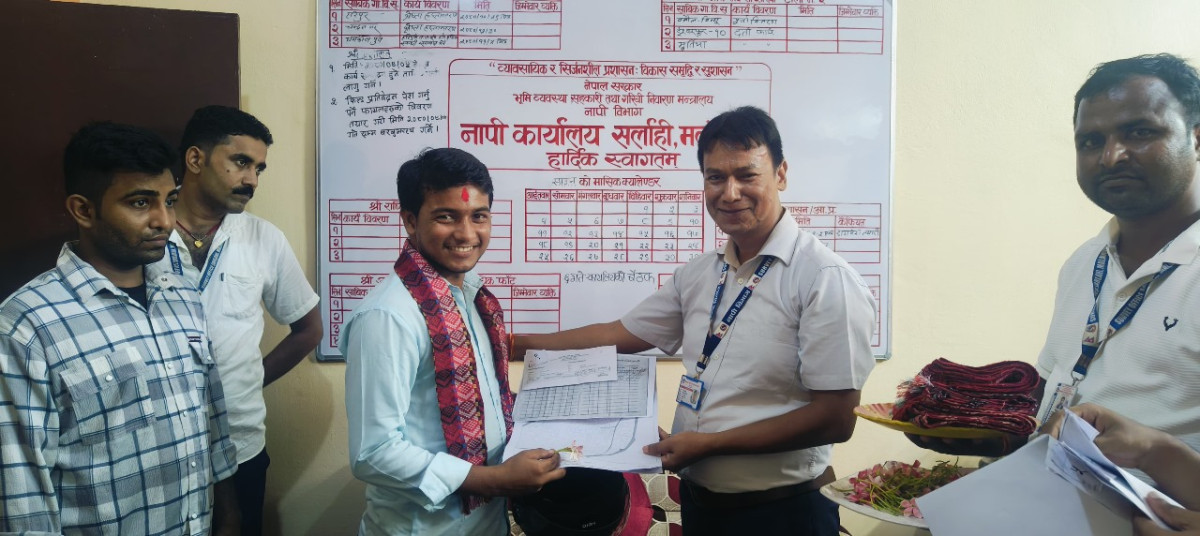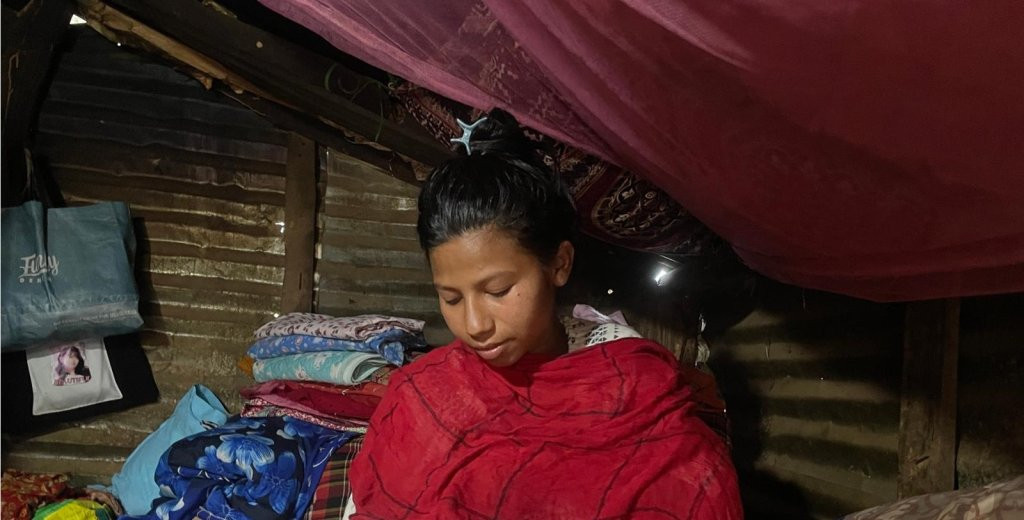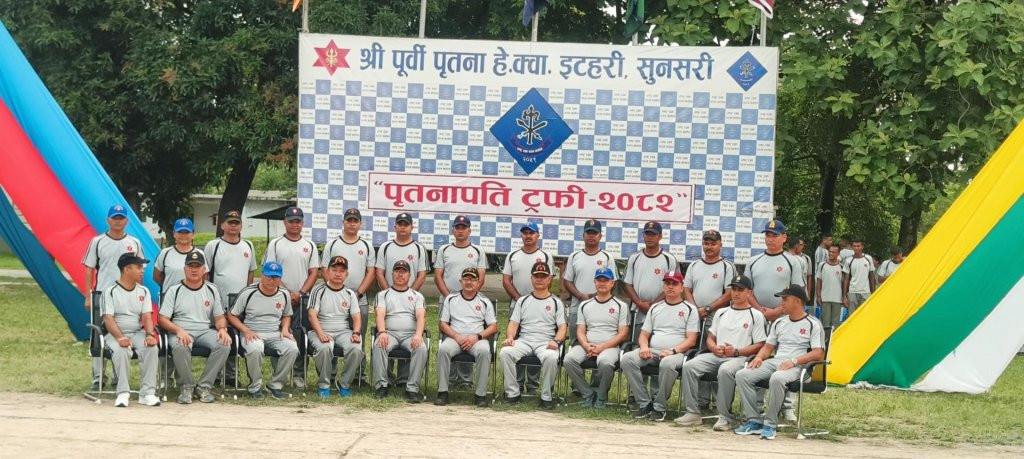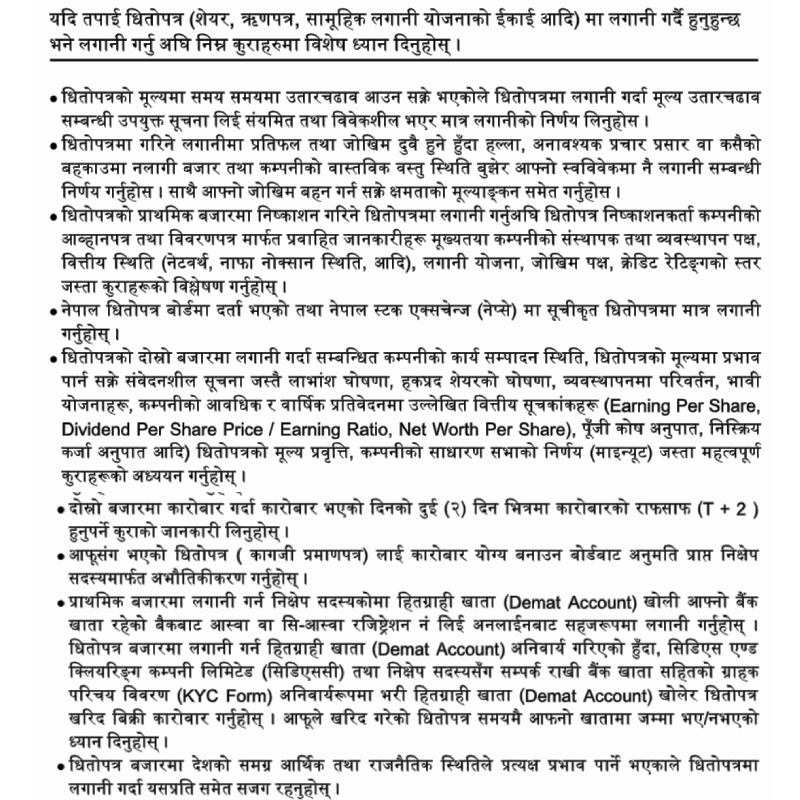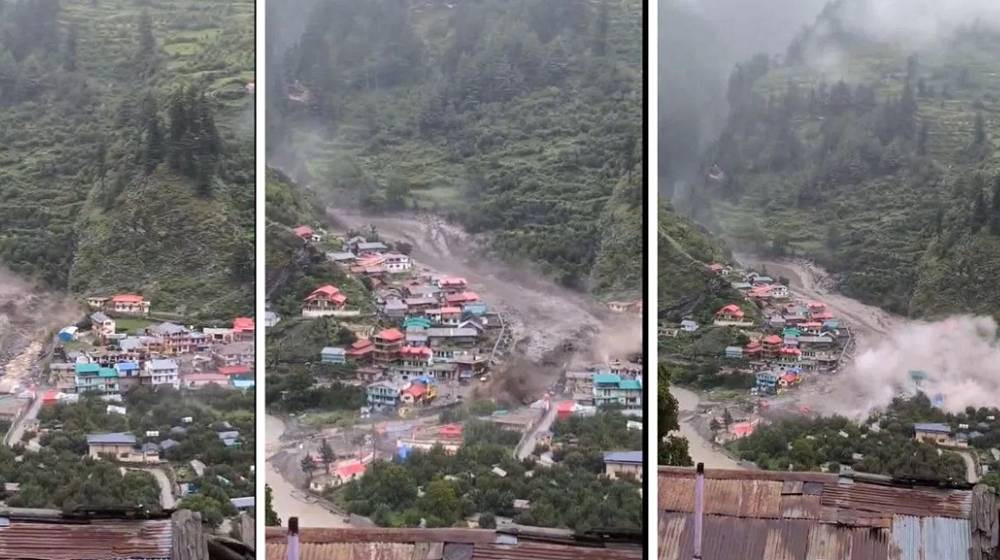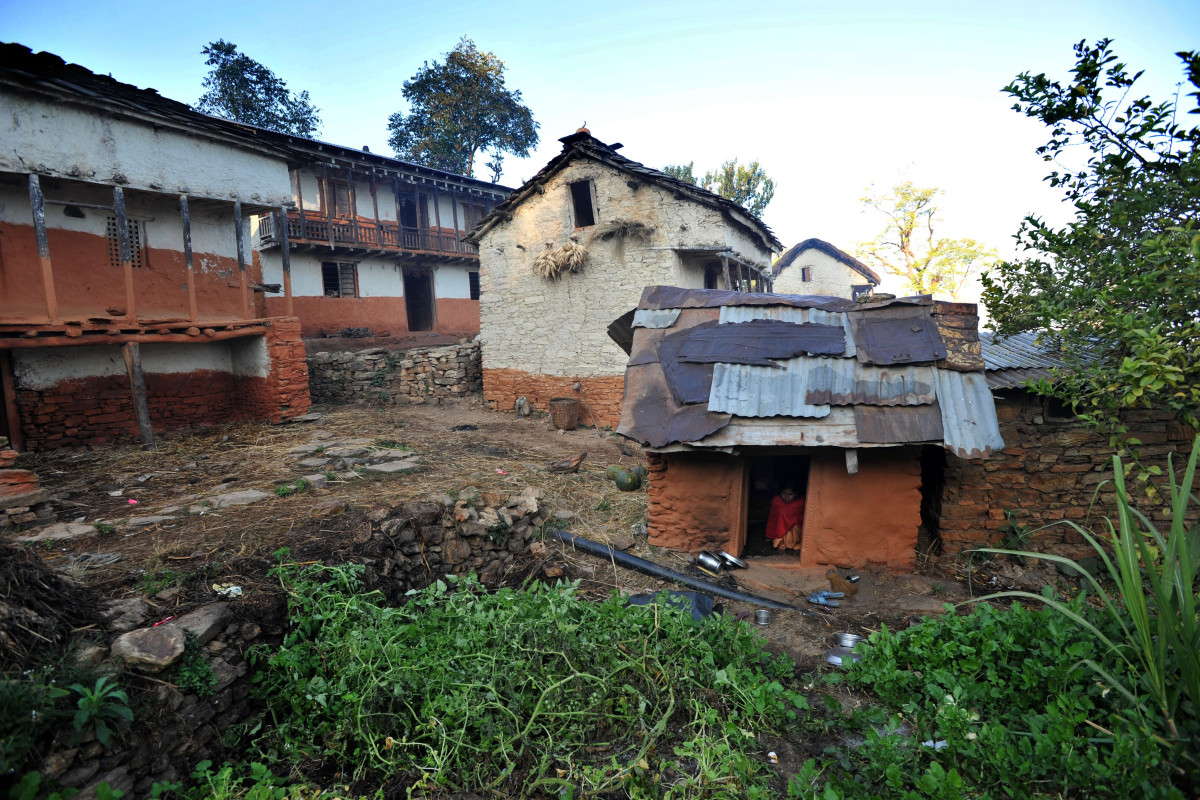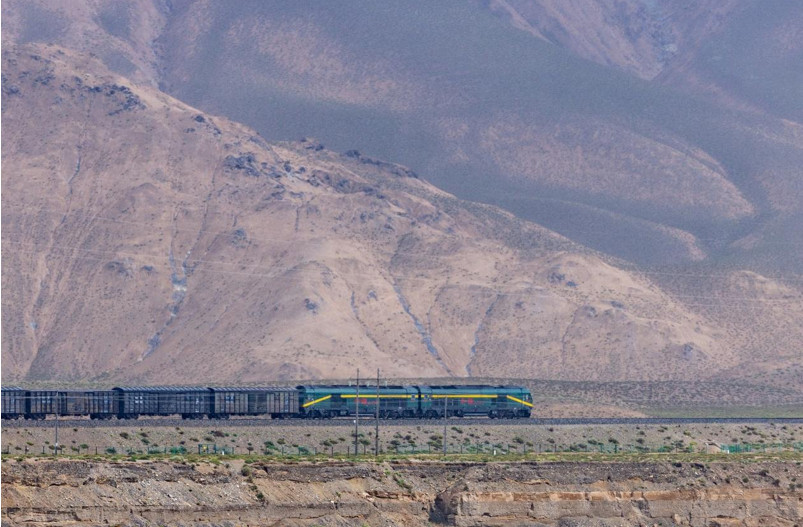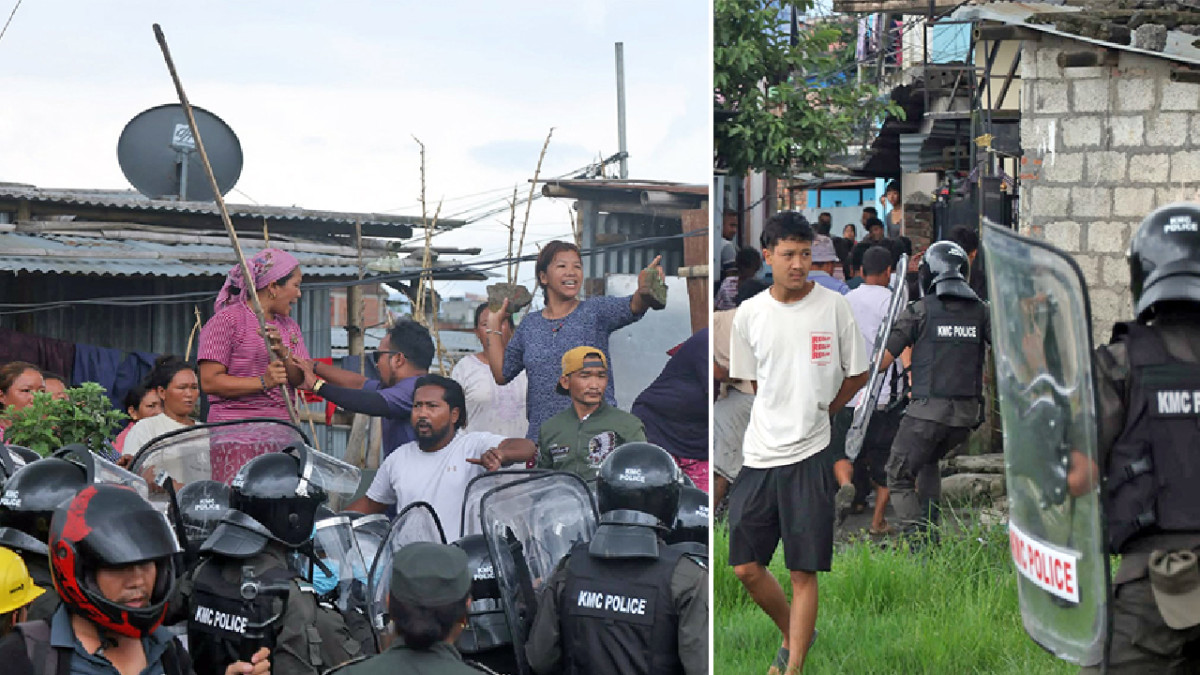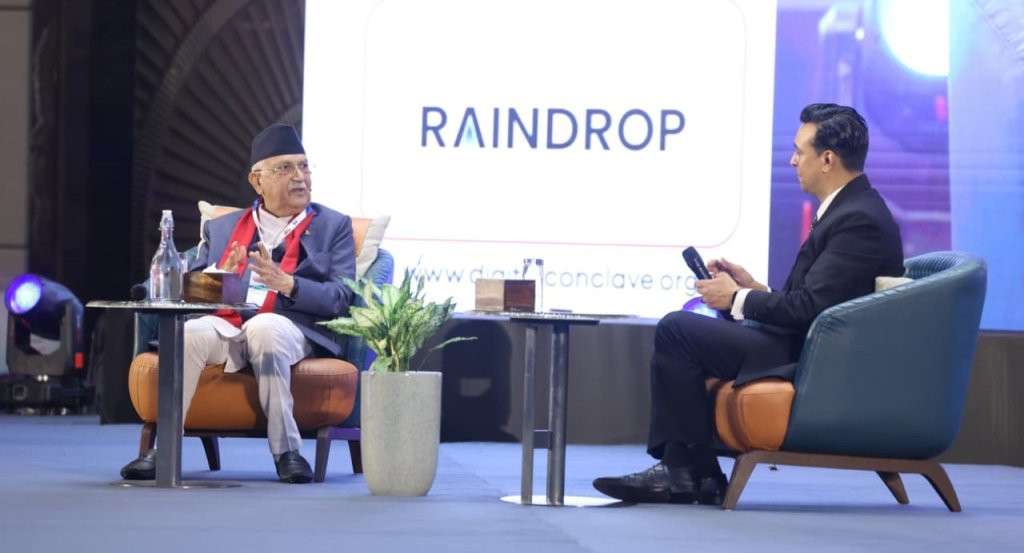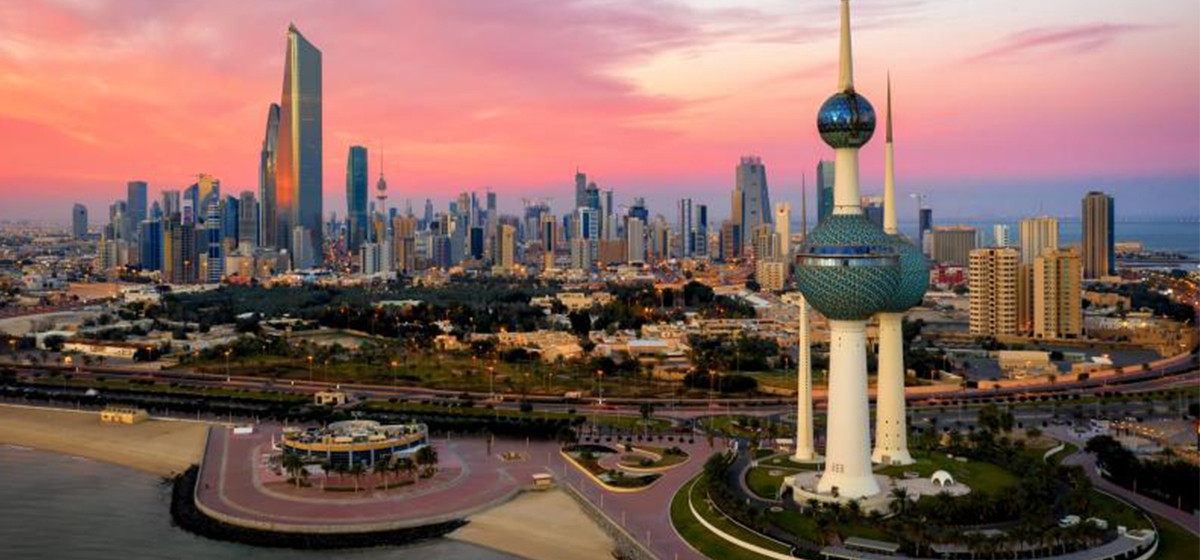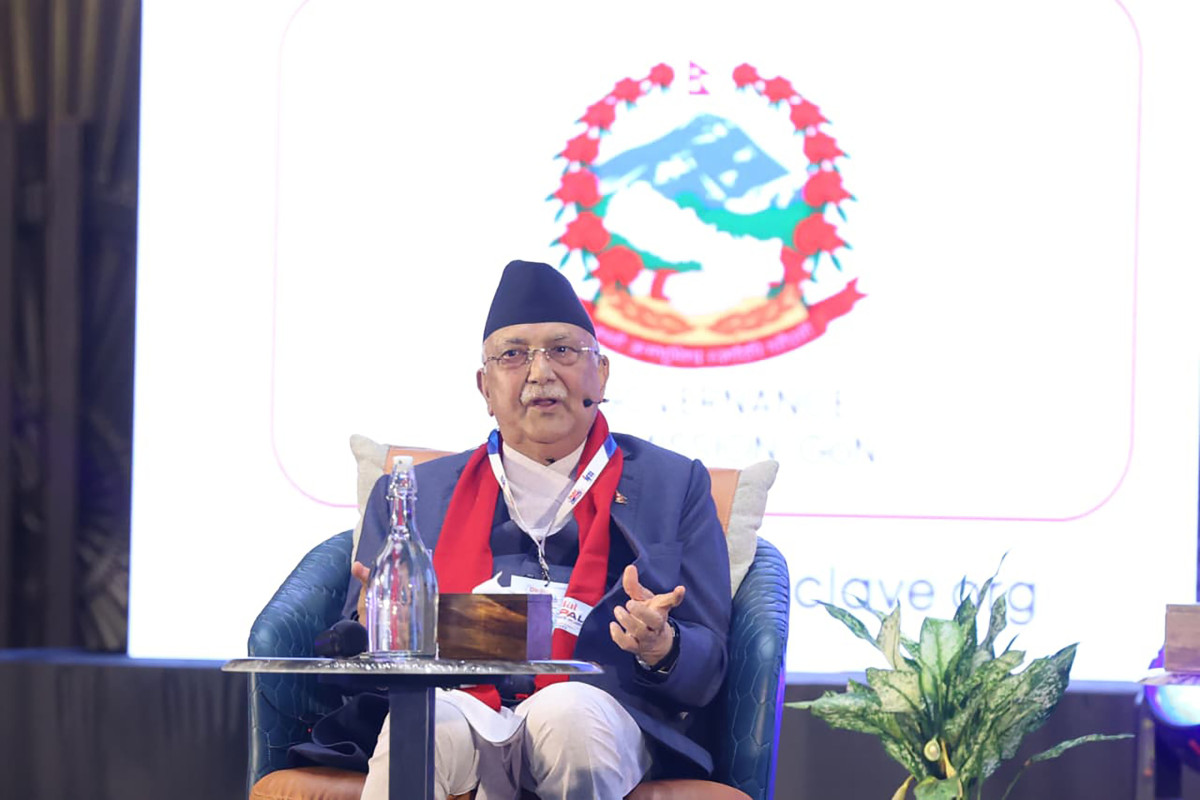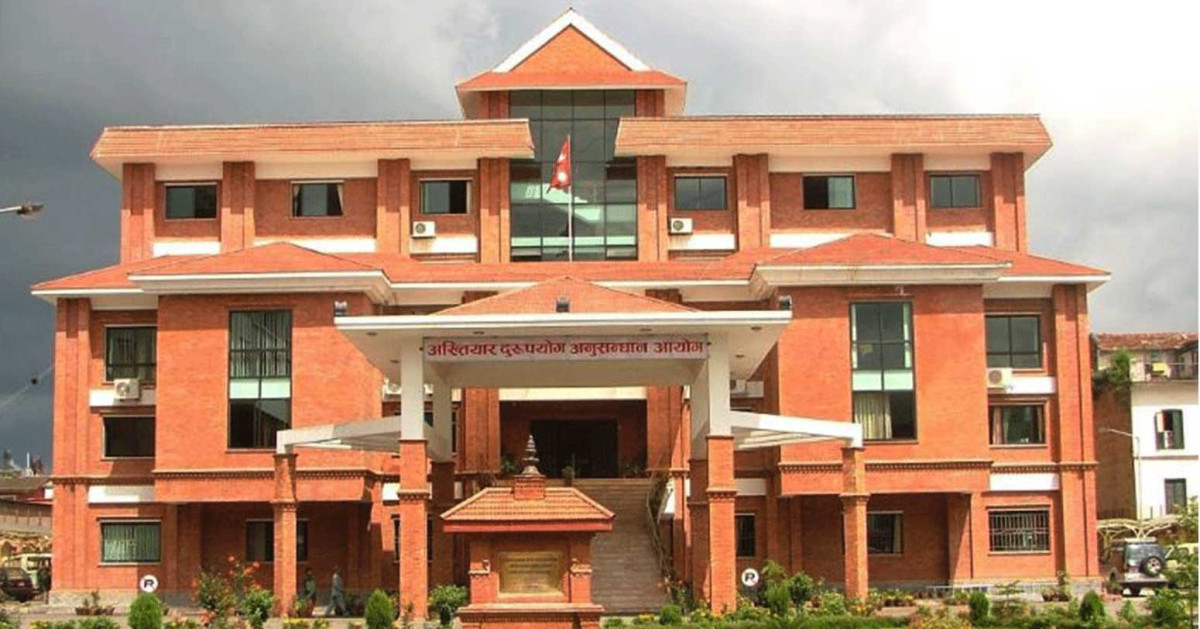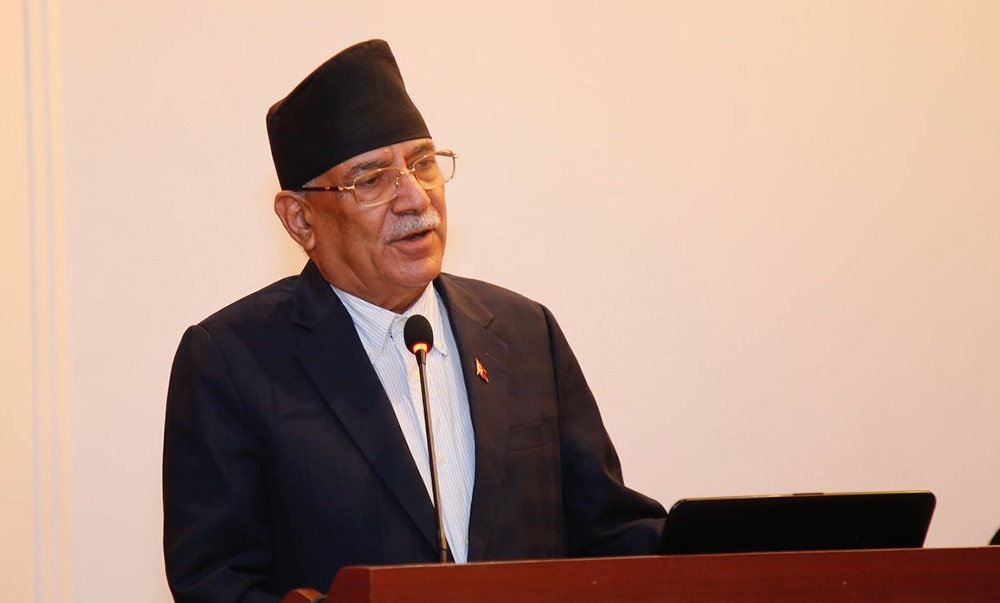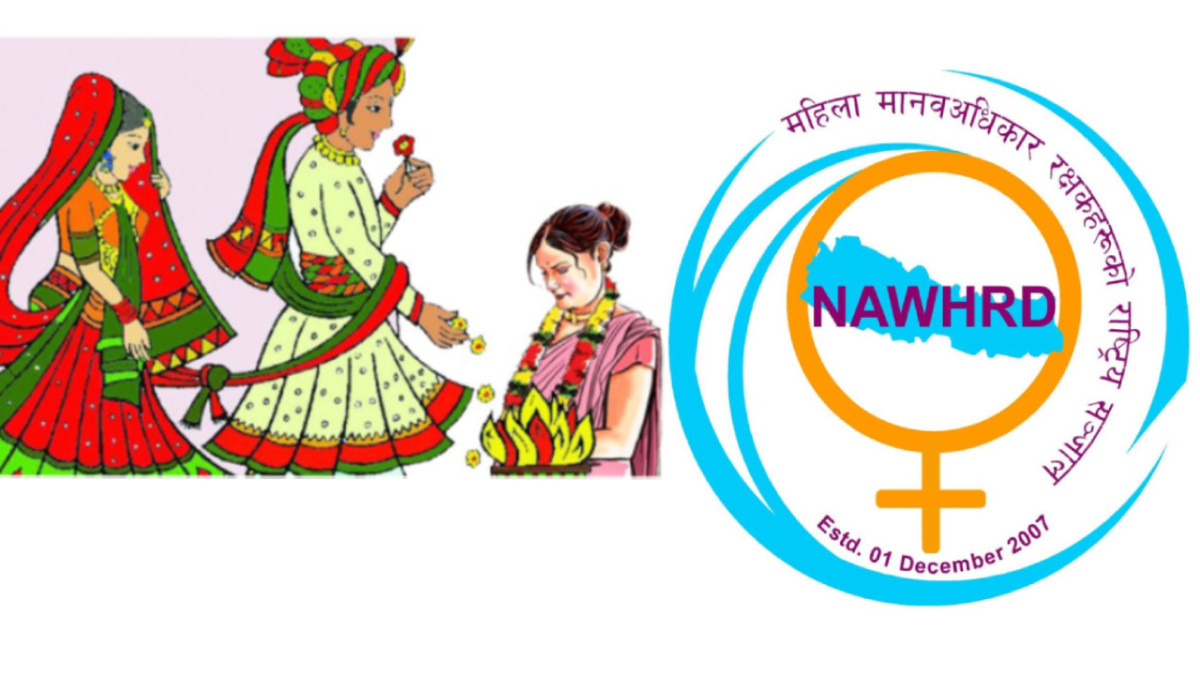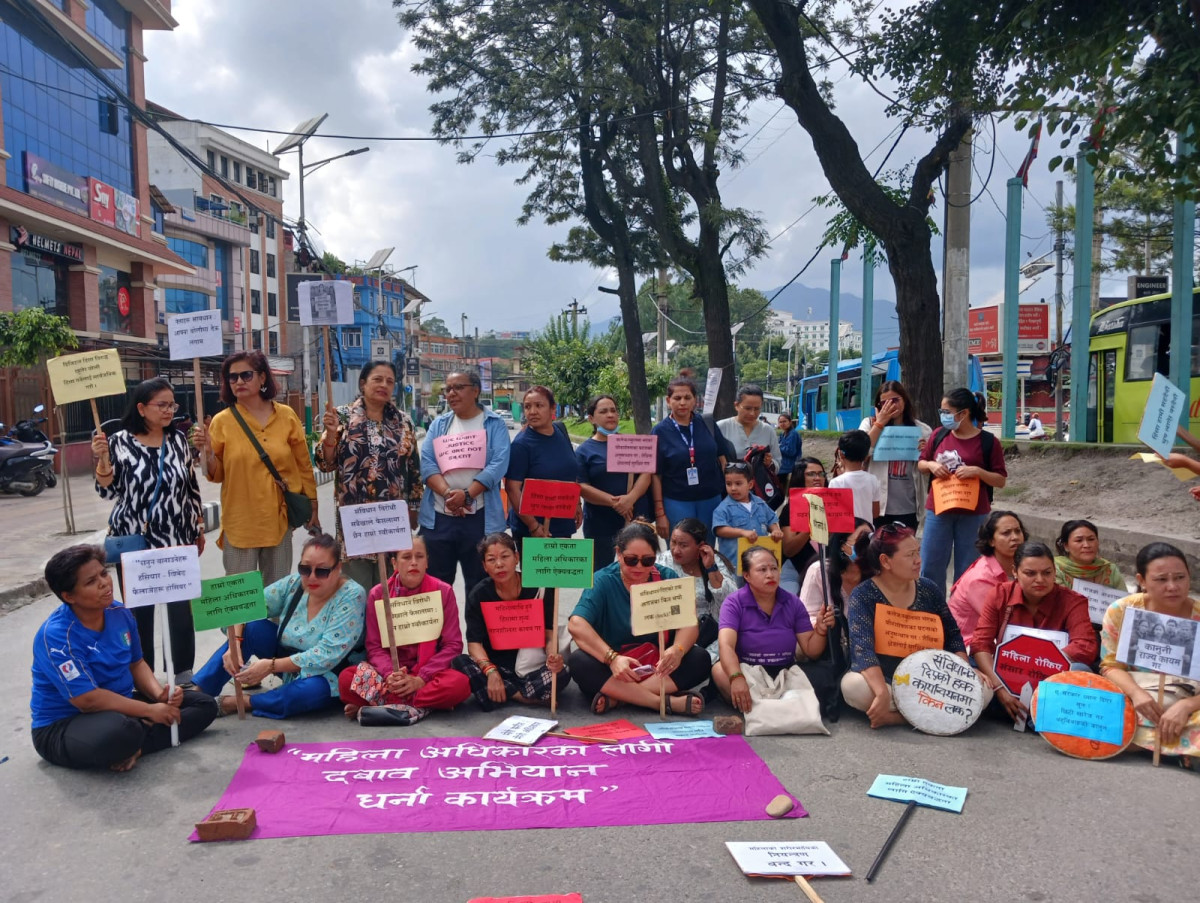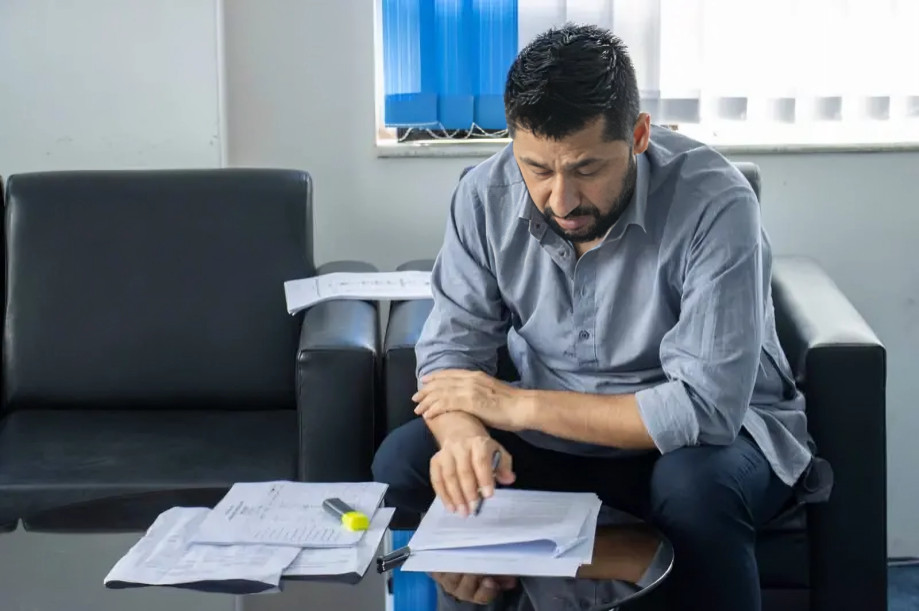Coinciding with the 70th anniversary of diplomatic relations between Nepal and China, a program on collaboration, partnership, and experience exchange was recently held in Lhasa, bringing together cities that have established sister-city relationships with various Chinese municipalities.
The event, jointly organized by the Consulate General of Nepal in Lhasa and the Department of Foreign Affairs of the Xizang Autonomous Region, focused on strengthening and deepening bilateral relations. The longstanding friendly ties between Nepal and China, characterized by mutual respect, understanding, and support, have been reinforced over the years through high-level exchanges and agreements at both governmental and people-to-people levels.
The sister-city initiative, which began with the establishment of ties between Banepa Municipality and Shigatse Municipality in 1999, is now in its 25th year. Since then, similar partnerships have been formed between Linzhi and Pokhara, Lhasa and Kathmandu, Sannan and Bhaktapur, Karuo and Jiri, Nakchu and Tokha, and Shigatse and Bharatpur.
This year’s program was the first to bring together all municipalities involved in sister-city partnerships. It was attended by a Nepali delegation led by Pokhara Metropolitan City Mayor Dhanraj Acharya, comprising 21 members, including representatives from the Bagmati Province Government and metropolitan and municipal officials from Kathmandu, Pokhara, Bharatpur, Dhulikhel, Banepa, Jiri, Tokha, and Bhaktapur. Chinese participants included representatives from Lhasa, Shigatse, Linzhi, Nakchu, Sannan, Karuo, Nagar, and Ali prefectures of the Xizang Autonomous Region.
Vice Chairman of the Xizang Government, Zhao Ping, expressed his belief that the initiative would add a new dimension to the friendly relations between China and Nepal and help transform these relationships into shared development and prosperity.
Mayor Acharya remarked that China's development assistance and empathy toward Nepal have inspired the country to pursue a shared future. He noted that Nepal has much to learn from China’s rapid progress, driven by strong political commitment.
Chief Secretary of Bagmati Province, Bhupal Baral, emphasized the importance of cooperation in tourism, culture, education, trade, and technology between Nepal and the cities of the Xizang Autonomous Region.
Laxmi Prasad Niraula, the Nepali Consul General in Lhasa, reaffirmed his commitment to strengthening sister-city ties and expressed gratitude for Xizang’s and the Chinese government’s continued support in Nepal’s socio-economic development.
On the occasion, a letter of intent was signed between Dhulikhel and Ali Prefecture to establish a sister-city relationship. Nepali participants expressed confidence that through cooperation-particularly through sister-city partnerships-people-to-people ties between Nepal and China would deepen, yielding meaningful results in the future.
Journalists Visit Xinjiang to Observe Development
In a separate development marking the 60th anniversary of the establishment of the Xinjiang Autonomous Region, a 15-member delegation of senior journalists and scholars from Nepal, India, Sri Lanka, Thailand, Mongolia, Japan, Russia, and Switzerland visited various locations in the region. The visit, facilitated by the Chinese Ministry of Foreign Affairs and the Xinjiang Foreign Affairs Department, provided firsthand insights into the region’s socio-economic development.
Located in southwestern China, Xizang spans over 1.2 million square kilometers, with much of it situated at altitudes above 4,000 meters. According to Chinese government data released two years ago, the region is home to 3.6 million people representing more than 50 ethnic groups, including Tibetans, Han, Hui, Memba, Lhoba, Naxi, Nu, and Dulong, all coexisting peacefully and cooperating in shared development.
According to Cheng Fong, Deputy Director General of the Department of Foreign Affairs, Xizang-also home to the Sherpa and Dang communities-has been an integral part of China since ancient times. “All these ethnic groups are beloved members of the big Chinese family,” Cheng said. “Since the 18th National Congress of the Communist Party of China in 2012, the country has aimed to lead the region towards modernization and prosperity. Under the strategic vision of President Xi Jinping, we are prioritizing people-centered development and revitalizing the country on the global stage.”
Cheng emphasized that through socialism with Chinese characteristics and a system of regional ethnic autonomy, the government is committed to safeguarding national unity, strengthening ethnic cohesion, and improving people’s livelihoods in the region while ensuring ecological protection.
Trans-Himalayan Forum Highlights Regional Cooperation
The China Xizang Trans-Himalayan Forum of Entrepreneurs was held on Saturday in Linzhi, the second-largest city in the region. The forum aimed to promote Xizang's unique identity and showcase its development achievements to the international community. Discussions focused on entrepreneurship, development, commerce, and trade.
Jointly organized by the Ministry of Foreign Affairs of China and the Foreign Affairs Department of the Xizang Autonomous Region, the forum was attended by more than 400 participants, including academics, political leaders, diplomats, and civil society members from over 50 countries.
Speaking at the conference, Nepali Ambassador to China, Krishna Prasad Oli, thanked the Chinese government for its ongoing support of Nepal’s development efforts. He stated that such forums not only facilitate progress for Nepal and other least-developed countries but also provide valuable opportunities to learn from China’s experience.
Established in 2018, the Trans-Himalayan Forum has held four international conferences to date. According to the Xizang government, the forum seeks to unite nations across the Himalayan region while preserving cultural heritage and maintaining ecological balance.


.gif)



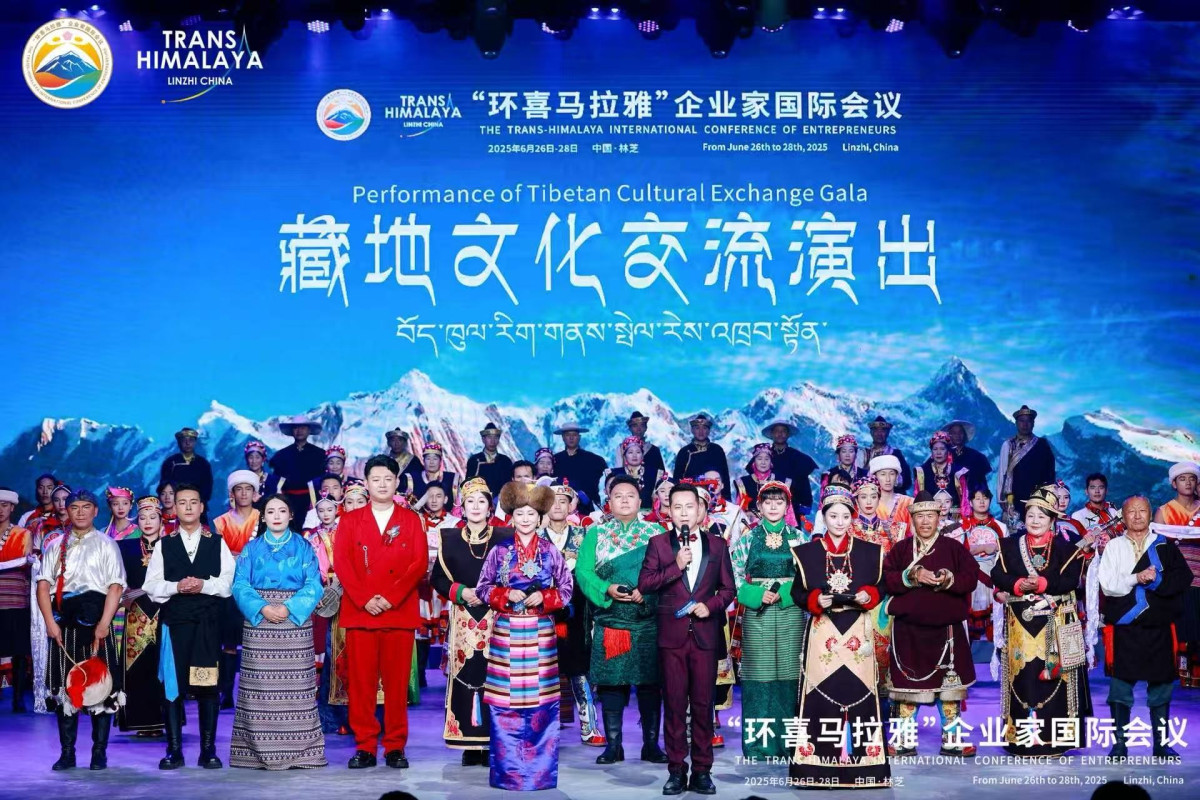


.jpeg)
.gif)








